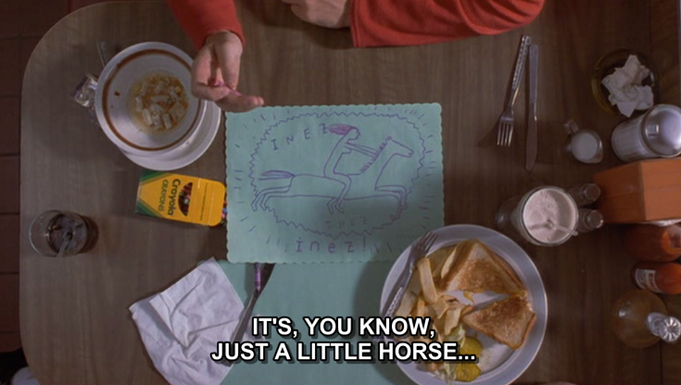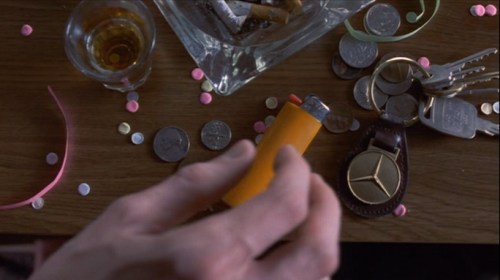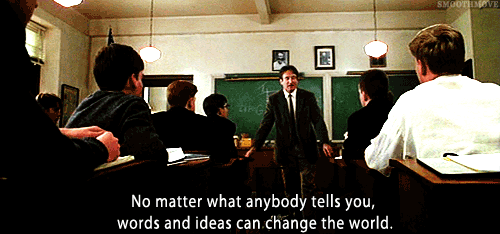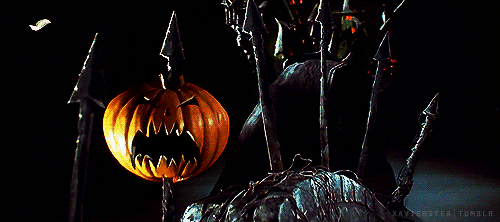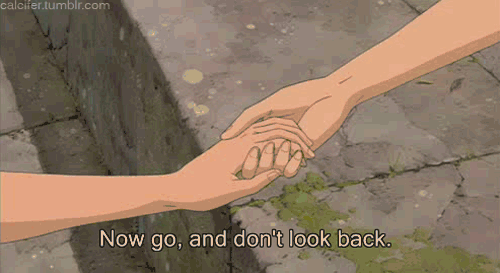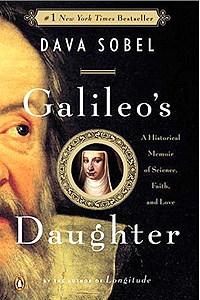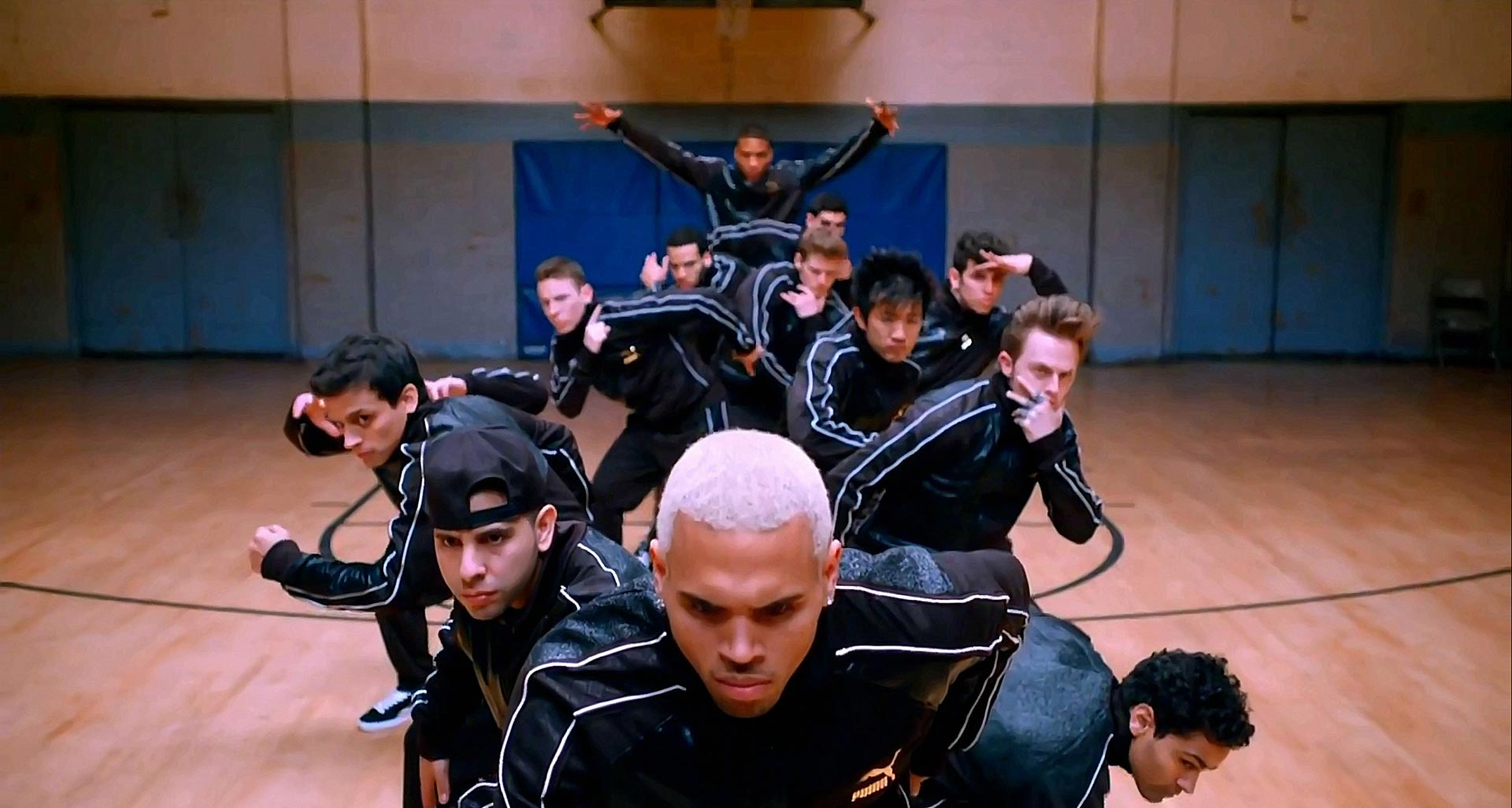Sunday, December 29, 2013
The Fault in Our Stars by John Green
The main character of the book is Hazel, and she has lung cancer. She's sixteen and has been out of school for three years, but she takes community college classes and reads a lot. She opens the story by telling us her mother decided she was depressed, " presumably because I rarely left the house, spent quite a lot of time in bed, read the same book over and over, ate infrequently, and devoted quite a bit of my abundant free time to thinking about death."(page one, TFIOS) To get her out of the house, her mother sends Hazel to cancer kids support group. Here she meets Augustus Waters, and the rest of the book is dedicated to their love story and their fight against cancer, with a spontaneous trip to Amsterdam thrown in.
Considering the cult following this book has, I'm not sure I dare say this, but... I didn't really enjoy this book. I suppose I should be expecting a crowd of angry pitchfork and torch-wielding youths at my door any minute now. The thing is, I can understand why people would like this book-it's clearly marketed towards teenagers, and it has all the emotion and romance and angst any adolescent would want. But here's the thing about me; when something is so obviously supposed to be sad, I can't really get absorbed in it and connect to it because I know what it's trying to do. That's probably a pretty big reason I couldn't enjoy this book.
John Green banks too heavily on the cancer and death factors of his book to get the reader to connect and become invested. To me, it just seemed like an easy way out of actually building a meaningful plot. I mean, everyone makes such a big deal about TFIOS not being a "cancer book",about it being about these characters, but can I ask: if you were to take the cancer aspect out of this book, and were left simply with the characters and ideas, would you care about either? I wouldn't, because I don't think either were particularly well-written or explored well. I mean, I didn't like Hazel, or connect to her. She didn't really have any interesting thoughts, and her whole clever and witty persona started to wear on me after awhile. AND ALL THE CHARACTERS TALK THE EXACT SAME WAY. From Hazel to Augustus to the parents to the novelist Van Houten-they all sound like John Green. And as for any kind of subtext or ideas, what were they really? Every little metaphor or symbol was straight-out explained by the characters in the book-there was nothing left for the reader to think about or interpret on their own. So if these aspects aren't quality, all we are left with is the cancer aspect, which leads me to believe the whole book was a "cancer perk" , an idea Green talks about in the book. Cancer perks are special things cancer kids get because they have cancer. The acclaim this book received was a special thing it got because it had cancer. What really annoyed me was that the cancer didn't mean anything. When a character in a book is physically ill, we as readers are trained to look for the sickness to symbolize some other problem that is perhaps mental, or of the heart. Physical sickness is never just physical.... Except in this book.
Another aspect of Green's story that kept me from enjoying it was how formulated it was for it's audience. Like I said before, Hazel's attitude is so obviously supposed to mirror that of the average teenage girl. But by trying so hard to do this it really just makes her boring. And the number of slapped-in pithy quotable lines really got to me. Just these moments of pseudo-deep thought that felt like they were drafted separate from the book and inserted wherever the author saw fit. On top of that, the number of references to authors and philosophers really held up the story. I think of F. Scott Fitzgerald when I'm saying this, and he's good to compare to. The man was obviously very well educated, and as an effect of this tended to allude to many authors, philosophers, classical works, but they flowed as a part of the story; they enhanced the text if you understood the reference, if you didn't you just skipped over them. However, John Green puts all these names and such into the story in such a pretentious and contrived manner, and then assumes the reader doesn't know what he is talking about so sets the story aside to explain them. It really did start to drive me insane.
Overall, I didn't consider TFIOS to be a particularly well-written book, and I think part of the reason it has sold so many copies is the propaganda surrounding it. I mean, don't get me wrong, I love John Green as a person, and I watch Vlogbrothers religiously, so I was really let down when I found out what sort of an author he was. He has such a following I bet people feel a sort of duty to read his books. I can understand how people liked it, but this just wasn't the right book for me. I think I would recommend it just for cultural literacy at this point.
Saturday, December 28, 2013
Bottle Rocket(1996)
Friday, December 27, 2013
Snowstorm
Surrogates(2009)
Tuesday, December 10, 2013
The Picture of Dorian Gray by Oscar Wilde
Sunday, November 24, 2013
This Side of Paradise by F. Scott Fitzgerald
Saturday, November 23, 2013
Dead Poets Society (1989)
Monday, November 11, 2013
Watercolors
Her life was like a watercolor painting.
Everything running and bleeding into eachother,
No straight lines.
A quiet rebellion in the flow and blend,
The refusal to stay where put.
You got the sense upon meeting her she didn't much know where she was going,
And she didn't much care either,
Because she trusted that in life,
Like in art,
Like in a watercolor painting,
There are never truly mistakes.
Fall snapshot
It's after midnight and I have school tomorrow, but I made the exceedingly wise decision of drinking a full huge bottle of dark black tea from trader Joes, so I'm up whether I like it or not. Some updates on my life:
-I'm auditioning for the regional band day after tomorrow and Ive only looked at half the audition piece, so at this point I'm just going to wing it. First concertino in e flat? More like... the sax riff from thrift shop. Yeahhhh....
-all As on my first semester!! Savoring the feeling while it lasts.
-I have one hundred percent made up my mind that bard college in Annandale on Hudson is the promised land and that I will attend even if I have to sacrifice my firstborn. I ordered the book that bards president, Leon botstein, wrote (Jefferson's children) and I cannot WAIT for it to arrive.
-I'm sad because I haven't posted any reviews recently (sorry for the excess of art) but I will get back to that asap.
Anyways, I found these pictures in my phone-- I took them a couple weeks ago when the weather was still temperate enough to go walking around town. Autumn is my favorite season hands down. The colors are so beautiful and vibrant and you get to wear sweaters and it has an air of creativity and studiousness about it. What I really like though is that the whole season is a celebration of sorts. You have these fall foods and this happy fall feeling, like the whole season you're rejoicing just because. I hate holidays where theres so much suspense, and then the actual day is anti-climactic because you've built up so much to it(christmas, im looking at you)
Theres also a dark irony in fall though-when you think about it, its a season of death, and yet we consider it one of the most beautiful times of the year. It's like nature is putting everything it has, all of its beauty and life, out there in one big finale before its all frozen and dies.
So ill try to do some actual posts soon, and sorry for the lack of punctuation and overall legibility of this post- I'm writing on my phone and my thumbs are disproportional to the keypad.
Sunday, November 10, 2013
Color Studies
Tuesday, November 5, 2013
End of Semester Sketchbook Dump
Thursday, October 31, 2013
Happy Halloween!
Wednesday, October 30, 2013
My Personal Sea
Friday, October 18, 2013
Sick of Screaming Let Us In, The Wires Got the Best of Him
Friday, October 11, 2013
Quick Thoughts on Roman Mythology, Studio Ghibli, and Feminism
Tuesday, October 8, 2013
First Chapter, First Paragraph
Monday, October 7, 2013
I Was Scared of Pretty Girls and Starting Conversations
Friday, October 4, 2013
10 Bookish (And Not So Bookish) Thoughts
Tuesday, October 1, 2013
Elegant Blogger Award
- When you receive the award, link back to http://keepcalmandsparkle1099.blogspot.com/ and the blog that nominated you- http://cabdriversandcoffeepots.blogspot.com
-Display the award button in the post
-Answer all of the twelve questions given in the post (do not make your own questions)
-Nominate 8 bloggers (see below)
-Notify them that they have been awarded
1.) What made you start blogging?
I started blogging a couple years ago when I was in middle school. This blog started as just a place to save all my creative writing--I didn't expect anyone to read it. I sort of transitioned out of creative writing and into reviews and other editorial/feature-y things, so that's what this blog has mainly turned into, and it makes me happy that people can read my thoughts. I do want to get back into creative writing, though. I miss it :(
2.) What is your fashion style?
In one word- schizophrenic. I'll wear something uber-preppy (I'm talking plaid, herringbone, ruffles, pleats, all in one outfit) one day, and then the next day I'll wear psychadelic hippie corduroys, the next combat boots and a skull tank top. When i think about it, it matches my personality pretty well, even though I like to believe I'm more of the over-sized sweater and mug of tea type of girl.
Some links to brands I like:
Anthropologie
Free People
Ralph Lauren
3.) What is something none of your followers know about you?
I'm addicted to making bad puns. Like, really, it's a problem.
4.)What are some of your blogging goals?
Well, as I said in number one, I started this blog without the intention of getting followers or anything, but it does make me feel good when I know that people are reading my thoughts and that they like what I post about, so I'd love to get more readership and comments! I love to know what other people think. I'd also love to get to know more people in the blogging community- I've found that everyone is such an individual. As far as personal goals, I need to make time to post more. I think it would be nice to get some more art, photography, and creative writing up on here, as well as music selections. But my number one goal is to stay true to myself, and keep my blog a complete reflection of me as a person, not something marketed towards an audience.
5.) Where is your favorite place to shop?
I literally love Trader Joe's and I don't know why. I just love going in there and it feels so friendly and everything is vintage packaging and they give you little samples of nummy foods and you find cool stuff like pumpkin chai mix and I don't know it's awesome. I also love Williams-Sonoma. It makes me want to have a house I can fill with Le Creuset and Cuisinarts and hot chocolate mixes. Apart from food... I love shopping in Anthropologie-- the spaces are always really nicely designed and they have interesting local artists come in to make decorations and you feel like you've entered a lifestyle, not a store. But obviously, my number one is bookstores. The thing is, I can only go shopping for books with a friend. I'm really vocal with my thoughts, and I need to have somewhere there to listen to my steady stream of "Oh my lord, that cover is amazing, feel the texture." "I read this one it was absolutely magnificent here take it smell it read it love it." And my favorite is finding a book we've both read and getting into a really intense discussion of themes and the like. Even though Barnes and Noble is a pretty big chain, I like shopping there, especially when they have a Starbucks and the books are on the second floor apart from all the toys and posters and such. At my local Barnes and Noble the philosophy shelf is in this little nook in the back and they always have a step-stool there and my favorite thing to do is just sit there with a chai reading Plato or Machiavelli or some other sort and think myself a super deep person. Used book stores are nice, too, because you always feel like there's a story behind the books there, you feel like someone has loved them and you're continuing the tradition. Even though this might be a negative for some, I love when books are written in by their previous owners. It's like you're connecting to a stranger through their little notes, like you've seen a piece of their mind they've only shared with the pages of a book.
6.) What would your ideal amount of blog followers be?
ALL OF THEM! But really, though, as many as are interested in what I write. I just don't feel the need to go out of my way to get followers- I'm not out to market anything or make money, so if weary internet wanderers stumble upon my blog and want to check it out, that's what makes me happy. And I don't want so many that I feel pressured to always be posting.
7.) What are your talents?
Well, hopefully writing. But aside from that I love to play the alto saxophone, both in jazz bands and in classical settings-I've been playing since fourth grade and its just become sort of a part of my personality. I also sail, and that's just such an amazing experience- it puts you in a completely different frame of mind about things. I'd like to get better at drawing and photography, so I'm practicing those.
8.) Are you a leader or a follower?
Most of the time I'm a leader-- I'm really outspoken about thoughts and opinions, and I like to think I'm good with making decisions. But if there's someone that I think has good thoughts and can get things done, I'll trust them to lead and I'll become more of a follower.
9.) What is one of your favorite quotes?
"Every first draft is perfect, because all a first draft has to do is exist."
PREACH
10.) Do you have a favorite book or series?
My two favorite books are Fahrenheit 451 by Ray Bradbury and Girl in Hyacinth Blue by Susan Vreeland. My favorite series is The Cornish Trilogy by Robertson Davies.
11.) Out of all the synonyms for elegant, which would you describe yourself as?
I'll go with OOOPPULENT.
12.) What is your favorite flower?
Lily of the Valley has always been my favorite.
Honestly any blog I follow I consider to be amazing and elegant, so if I follow you consider yourself tagged!


